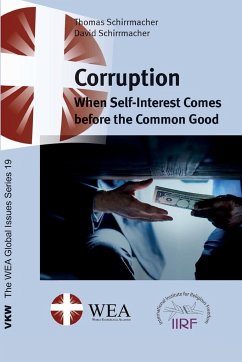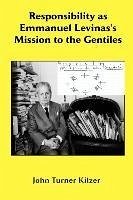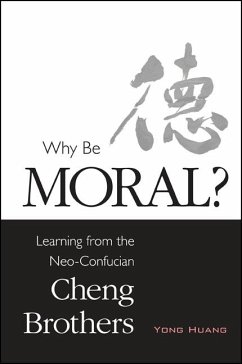Nicht lieferbar

Corruption
Versandkostenfrei!
Nicht lieferbar
Corruption is neither a private problem nor a peccadillo. Corruption can be deadly, for instance if poor quality parts are installed in planes, if development funds for the hungry are diverted for private use, or if the drinking water supply is overpriced due to corruption and as a result the poor can not afford it. Corruption affects everyone, or at least a great many, even if they do not usually immediately notice or know it. Everyone is affected, but the poorest of the poor worldwide are the most affected, for example when crucial funds are lacking for drinking water or medical care. The Wo...
Corruption is neither a private problem nor a peccadillo. Corruption can be deadly, for instance if poor quality parts are installed in planes, if development funds for the hungry are diverted for private use, or if the drinking water supply is overpriced due to corruption and as a result the poor can not afford it. Corruption affects everyone, or at least a great many, even if they do not usually immediately notice or know it. Everyone is affected, but the poorest of the poor worldwide are the most affected, for example when crucial funds are lacking for drinking water or medical care. The World Bank estimates that more than a trillion dollars flow into corrupt channels every year. Eradicating the most extreme poverty (people living on less than $1.25 a day) would cost an estimated $60 billion a year. In large-scale industrial projects, even within Germany, Austria and Switzerland, there is a rumour that 3 percent of the contract value is bribe money. International managers assume that corruption increases project costs by an average of 10 percent, but it might well be as high as 25 percent. This book gives a global overview on corruption, describes its different forms and effects and argues how and why corruption should be combatted by all means. It includes more than a hundred of brief examples of corruption from the German speaking countries as well as worldwide.








